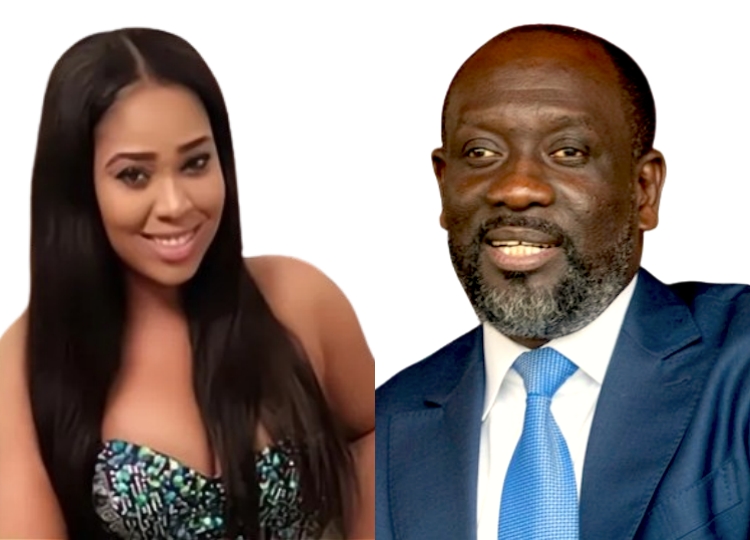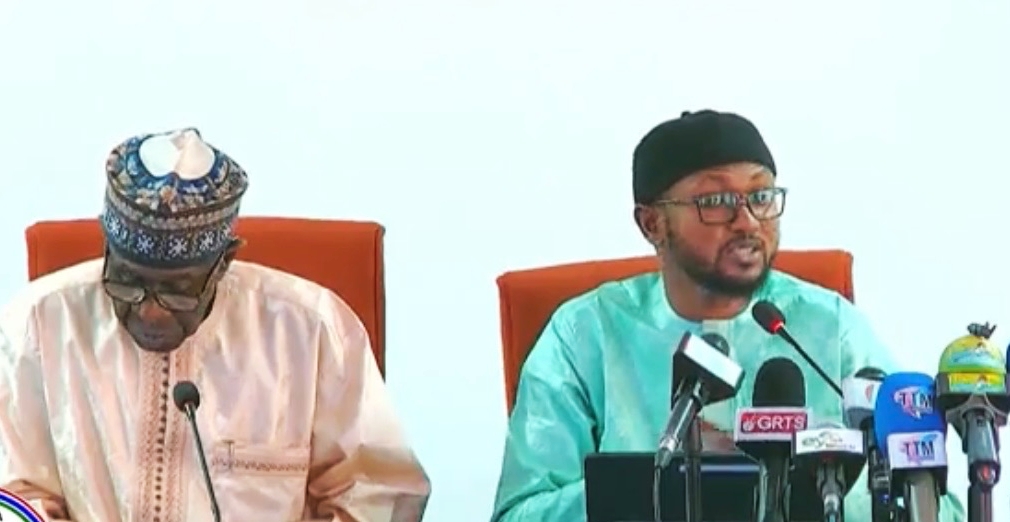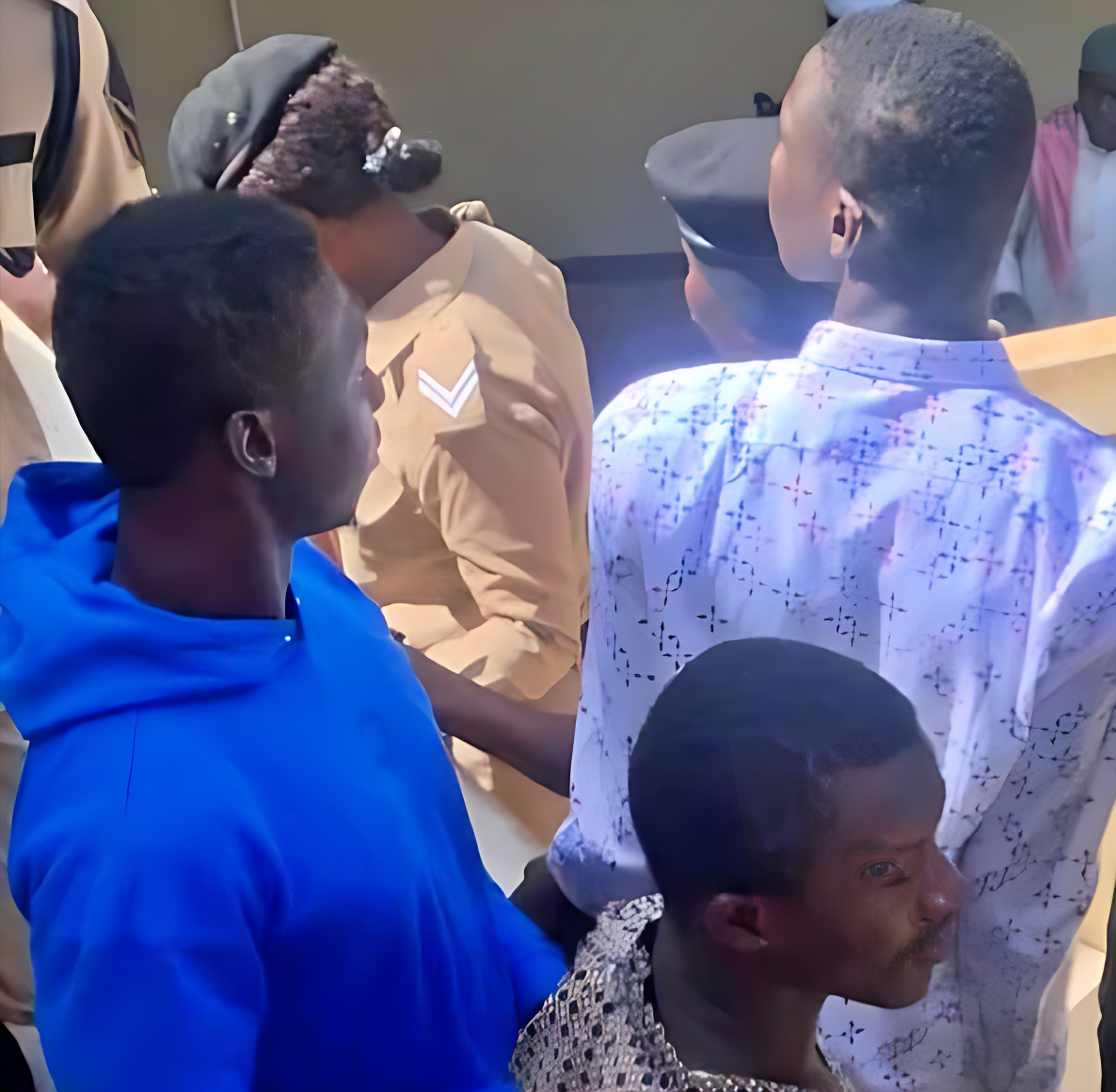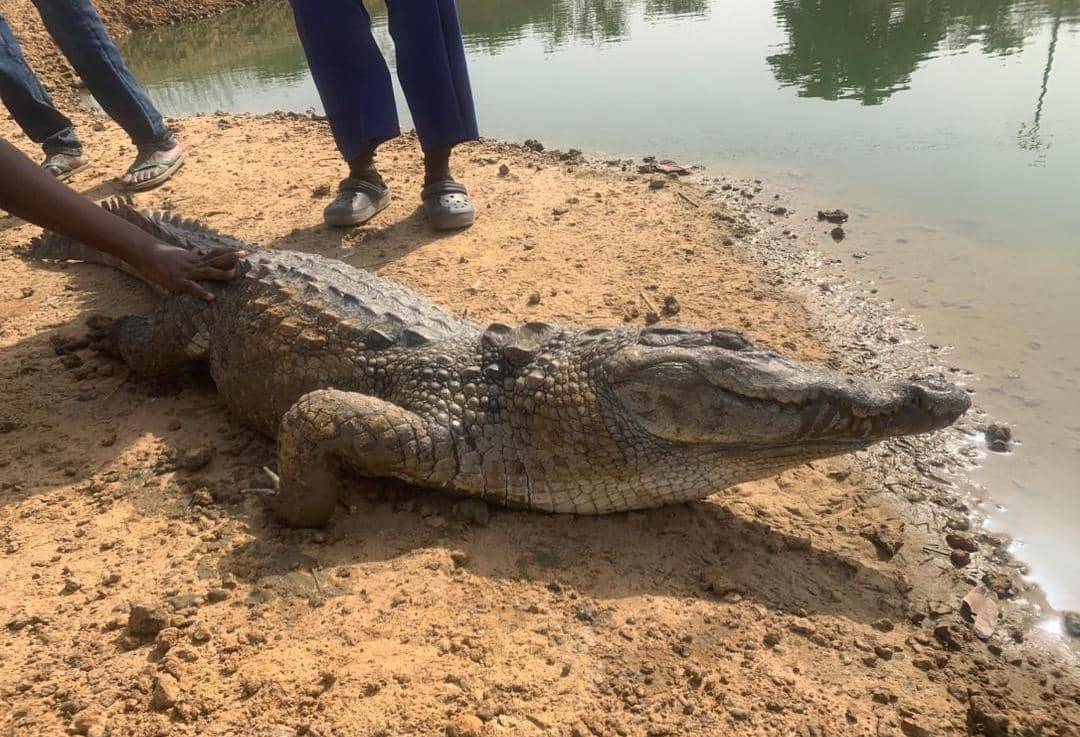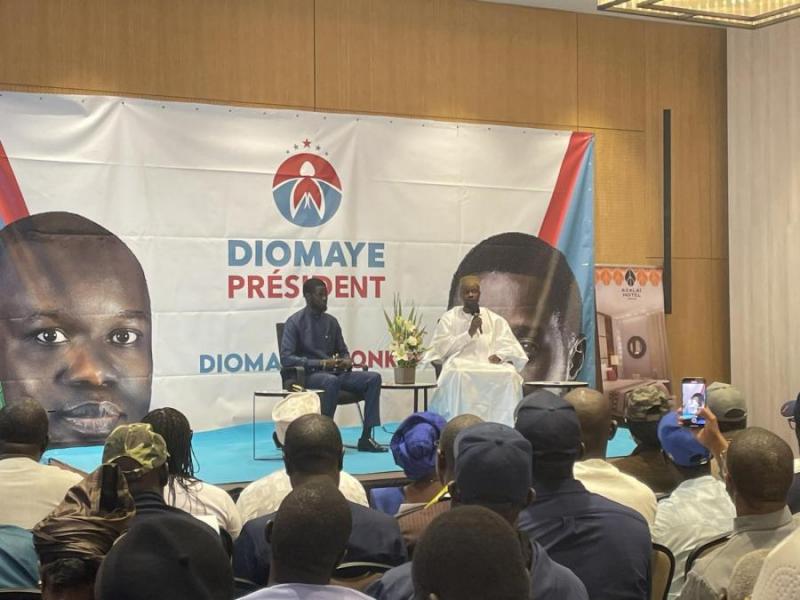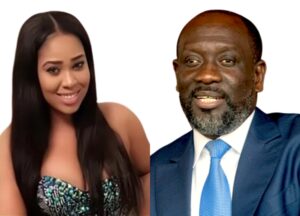Gambiaj.com – (DAKAR, Senegal) – Since the presidential election of March 2024, where a plebiscite was held on Pastef’s project, the new opposition seems to have taken a real blow. It might even be a little generous to speak of an opposition since there is almost none to date. There are just two to three individuals within the APR, otherwise, there is nothing. This situation makes it appear as though a few journalists are acting as the main opponents.
Indeed, instead of party leaders, we see Madiambal Diagne, Yoro Dia, and Mamoudou Ibra Kane occupying the front line. Through their writing (and stage presence in the case of Madiambal), they are more visible than any prominent opposition figures. Perhaps the politicians wanted to grant them a state of grace, though this is unlikely.
However, Ousmane Sonko is gradually building Diomaye’s opposition. Due to his repeated public appearances, he will not only awaken the classic opposition but also risks creating a new opposition force, if not expanding the ranks of the existing one. Sonko seems poised to become the catalyst for an opposition movement.
Since Pastef took power two months ago, the Senegalese are still waiting for their first achievements. Some are doubtful and expectant, while others are skeptical. But there is at least one constant: waiting.
Unfortunately, instead of devoting himself fully to addressing these expectations, Ousmane Sonko too quickly entered the political fray. Apparently, he has not yet realized that he is no longer the opposition leader who needed to rally the crowds. Abdou Latif Coulibaly once said of Wade that he was “an opponent of power.” Ousmane Sonko seems to be an opposition prime minister. He needs to engage in politics, attend public events, and hold live broadcasts on social networks.
Otherwise, how can one understand so many public appearances in such a short time? What is the urgency of having a conference with Jean Luc Mélenchon when the government has not yet found a solution to reduce the prices of basic necessities? What is the purpose of this event at the Grand Theater on Sunday, June 9, just two weeks before Tabaski, the rainy season, and exams? What can Juan Branco bring to Senegal at the moment? The priorities are certainly elsewhere, and Sonko must be careful not to embarrass his supporters.
Listening to his speeches, it is evident that he has not fully processed everything he experienced as an opposition leader. Hence, there is a palpable animosity towards the justice system, the media, or anything that, in his eyes, represents the machinery that was activated against him. And this is where he risks making a mistake. First, he is not the President of the Republic, even if some doubt it.
Justice is not revenge. Moreover, even if he were president, the state cannot be reduced to his person. Ousmane Sonko must understand that Pastef was not elected so he could seek revenge. It was on the basis of a hope for systemic transformation that its candidate, Diomaye, was elected.
Certainly, there is some truth in his speeches. In the media, for example, freedom comes with responsibility. Press owners must pay taxes, as one of them, El Hadji Ndiaye, says. Ousmane Sonko has the legitimacy to remind them of this as Prime Minister. But he didn’t need this partisan platform, much less the rage with which he expressed it. It is clear that there is a personal vendetta between him and the press bosses, particularly Madiambal Diagne, who has never hidden his low regard for Sonko.
The greatness of a person lies in knowing how to forgive, even when the wrong is blatant. Here, Sonko must particularly avoid trying to right a wrong he believes he suffered. Accountability and the rigorous and impartial application of justice have nothing to do with revenge. This accountability requires more actions than words; moreover, it endures little rhetoric.
In any case, the youth who fervently support him will be his harshest judges. They will not judge Sonko by his ability to criticize justice, the press, or the police, nor by his opposition to adversaries, but rather by his ability to address the concerns of the Senegalese people concretely.
Mbaye Sadikh, the Author is a retired career diplomat in the Senegalese Administration



